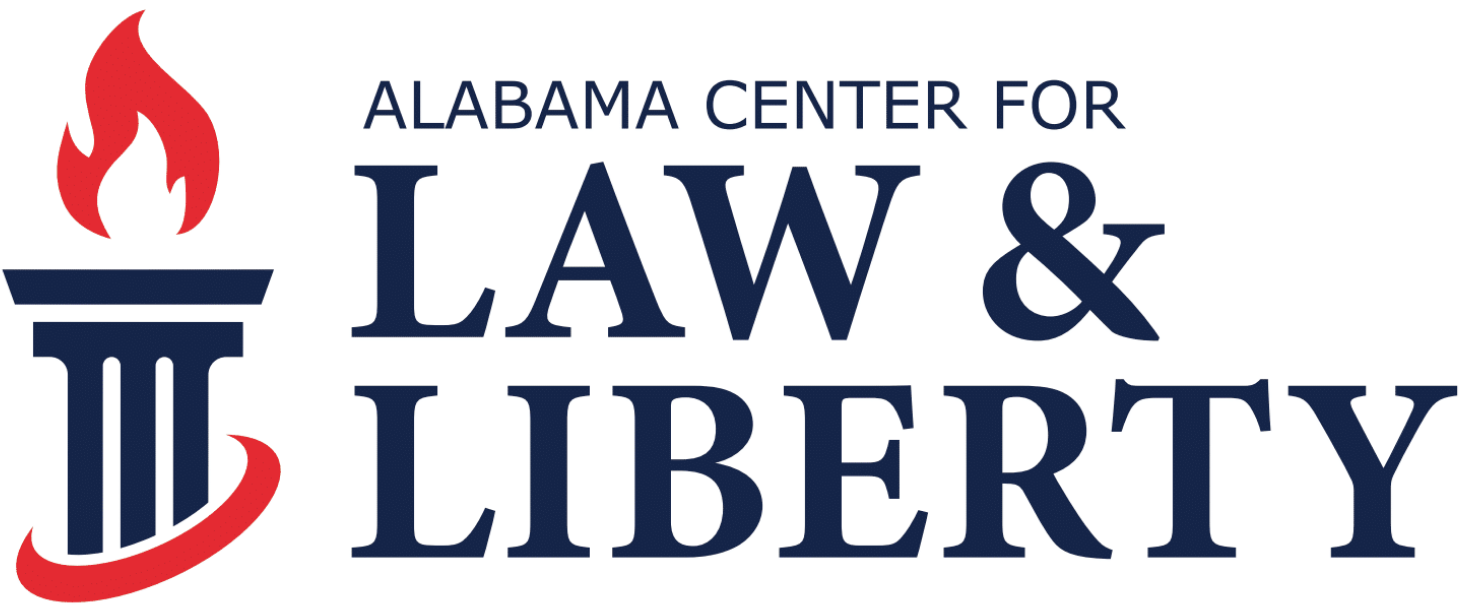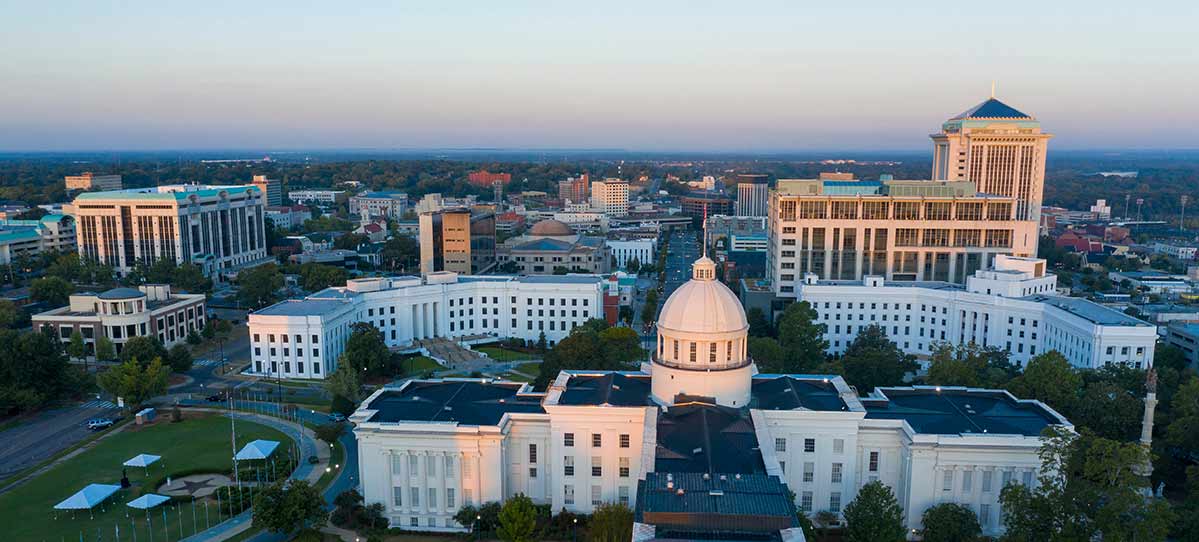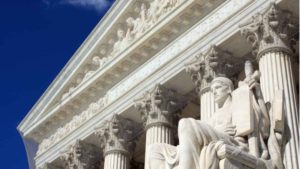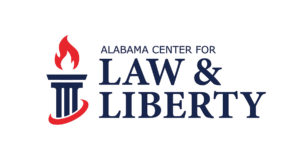Montgomery’s Non-Discrimination Ordinance: Bad for Religious Freedom, Free Speech, and Public Safety
On June 24, 2021, the Montgomery Advertiser reported that Montgomery Mayor Steven Reed would be submitting an ordinance to the city council that would punish discrimination on the basis of sexual orientation or gender identity. This city council will likely vote on this ordinance during its next meeting. The Alabama Center for Law and Liberty obtained a copy of the proposed ordinance and posted it on its website. While claiming to protect the civil rights of all, Mayor Reed actually deprives religious adherents of their civil rights and the most vulnerable among us of their right to safety.
Let’s start with the implications for churches. One would think that churches would be completely off limits to the government, but think again. The ordinance forbids anyone from abridging “the right to full enjoyment of any of the accommodations, advantages, facilities, or privileges of any place of … assemblage … without discrimination.” A church, by definition, is an assembly. Therefore, it appears this ordinance will force churches to let transgender people use the restroom of their choice or face fines if they don’t.
This ordinance also has implications for public safety. Because it defines gender identity as “the actual or perceived gender-related identity, expression, appearance, or mannerisms, or other gender-related characteristics of an individual,” an establishment cannot question whether an individual is actually transgender if that person merely expresses, appears, or acts that way. Consequently, to gain access to women’s restrooms, locker rooms, or showers, a sexual predator will merely have to act like he is transgender. For all its claims about wanting to protect the weak, liberalism is alarmingly willing to subject women and children to severe trauma.
This ordinance will also hurt Christians who want to run their businesses in accordance with their faith. You may have heard of Jack Phillips, the Christian cakebaker in Colorado who was sued after politely declining to create a custom cake for same-sex wedding. You may have also heard of Catholic Social Services, a Catholic adoption agency to whom the City of Philadelphia issued an ultimatum after they refused to place children in homes with same-sex couples. The Supreme Court ruled in favor of both Mr. Phillips and Catholic Social Services on narrow grounds, but the issue of whether Christian can run their businesses in accordance with their faith is far from settled. Thus, Christians in Montgomery may be facing similar suits.
Homeowners will face similar problems. The ordinance applies to “obtaining housing for rental or sale.” This seems innocuous at first glance, since gay and transgender people obviously need housing in order to live. However, this ordinance appears to cover not only basic housing needs, but also transactions like reserving a room in a bed and breakfast or a trip on Airbnb and the like. In Hawaii, for instance, a Catholic woman who ran a bed and breakfast out of her house was fined for refusing to rent a room to a same-sex couple. She insisted that everyone, gay or straight, comply with Christian teachings about sex in her house. Undoubtedly, she should have had the right to do that, but Hawaii didn’t care. Apparently, neither does Mayor Reed.
Finally, this ordinance is bad for free speech. LGBT advocates like the Human Rights Campaign argue that people should not face discrimination for who they are, and therefore people like Jack Phillips should have to praise a same-sex marriage even if they disagree with it. However, if we turn the tables, we should ask whether a gay bakery should be forced to bake a cake for a religious person with the words, “You shall not lie with a male as one lies with a female; it is an abomination.” (Leviticus 18:22.) By the same logic, the religious person should not have to face discrimination, since his religion is as essential to his identity as the gay person’s sexuality is to his.
Mayor Reed and his allies would probably believe that the gay cake baker should not be forced to say that—and they would be right. But neither should the Christian be forced to say something contrary to his beliefs. “Speech for me, but not for thee” is incompatible with the First Amendment.
Finally, forcing this ordinance on one of the most religious cities in the United States is political suicide. If the city council passes it, then the voters will remember how the city put most of them in the crosshairs.



